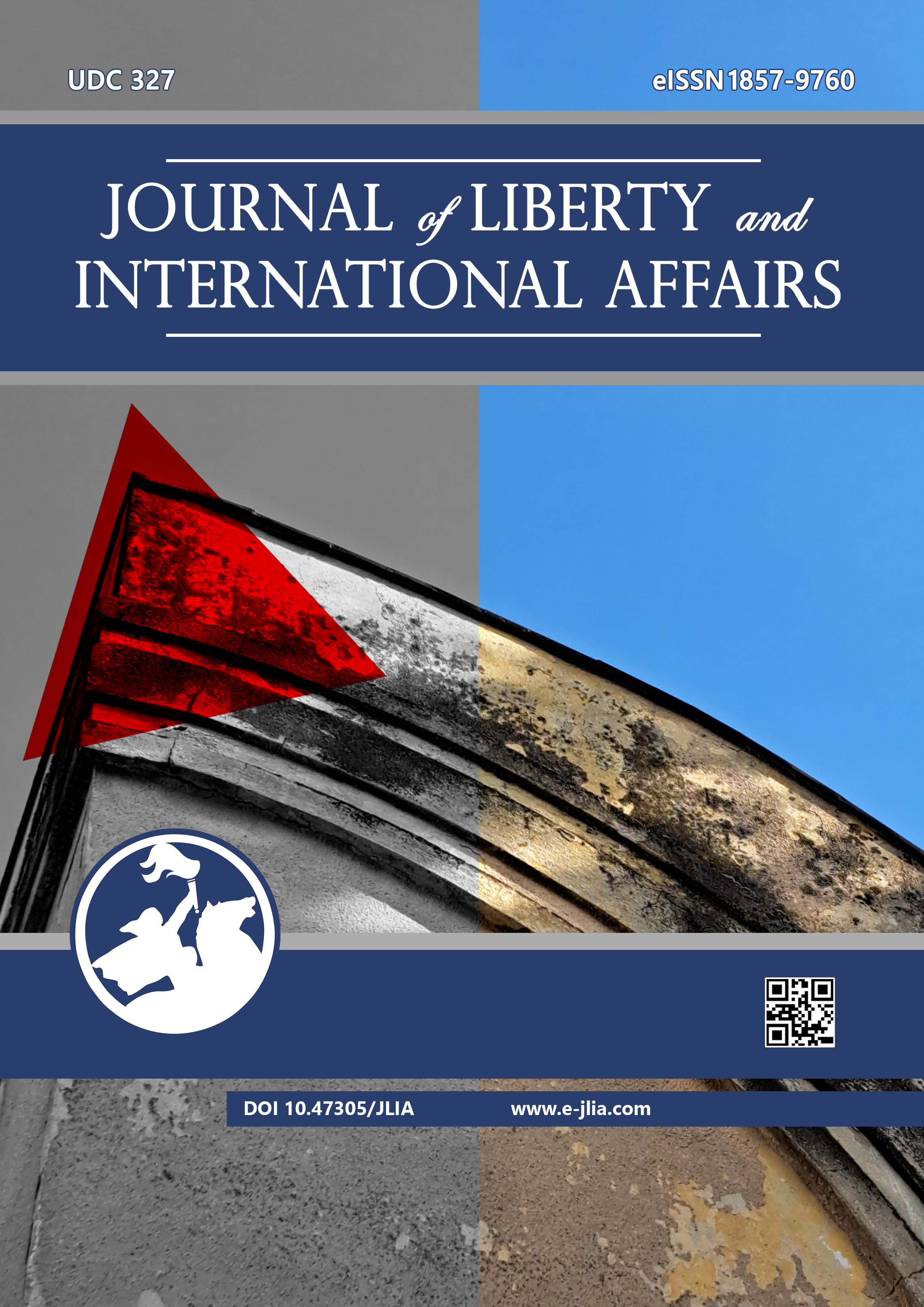THE PARADOX OF ASEAN WAY IN MARINE PLASTIC POLLUTION: THE CHALLENGE OF COMPLIANCE AMONG MEMBER STATES
THE PARADOX OF ASEAN WAY IN MARINE PLASTIC POLLUTION: THE CHALLENGE OF COMPLIANCE AMONG MEMBER STATES
Author(s): Ria Wierma Putri, Febryani SabatiraSubject(s): Politics / Political Sciences, Politics, Economy, Law, Constitution, Jurisprudence, Supranational / Global Economy, International Law, Political Theory, Political Sciences, Governance, Economic policy, International relations/trade, Security and defense, Political economy, Politics and law, Politics and society, Methodology and research technology, Comparative politics, Law on Economics, Geopolitics, Peace and Conflict Studies, Commercial Law
Published by: Institute for Research and European Studies - Bitola
Keywords: ASEAN; Member States; Compliance; Regionalism
Summary/Abstract: ASEAN countries are considered significant contributors to global pollution, particularly concerning marine plastic pollution (MPP), which has emerged as a critical concern in the region. To address this issue, ASEAN has established three specific instruments: the Bangkok Declaration on Combating Marine Debris in 2019, the ASEAN Framework of Action on Marine Debris 2019, and the ASEAN Regional Action Plan for Combating Marine Debris in the ASEAN Member States 2021-2025. However, being soft laws, these instruments lack legally binding force, allowing states to choose not to implement them effectively and promptly, leading to low compliance rates. The root cause of this compliance challenge lies in the ASEAN Way’s foundational principle, which promotes non-intervention, resulting in non-legally binding instruments. This raises genuine concerns about the potential inefficacy of implementing ASEAN instruments. Nonetheless, the issue of marine plastic pollution is considered a contemporary environmental catastrophe in the region, demanding Member States to prioritize compliance. Hence, this study delves into two key issues: (1) the ASEAN Way and compliance and (2) regional mechanisms to bolster Member States’ adherence in combating marine plastic pollution.
Journal: Journal of Liberty and International Affairs
- Issue Year: 09/2023
- Issue No: 3
- Page Range: 248-264
- Page Count: 17
- Language: English

